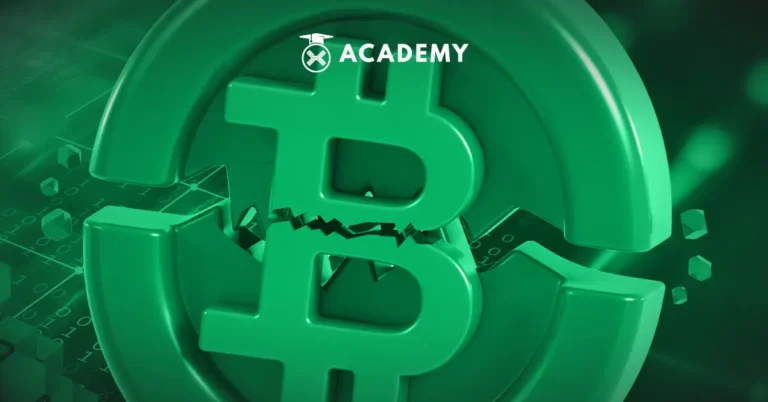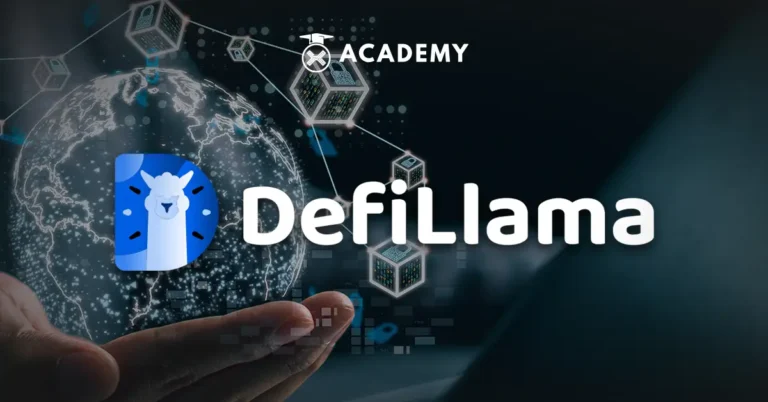In the world of cryptocurrencies, an in-depth knowledge of the principles that underpin blockchain networks is essential. One idea that is often overlooked, but plays an important role in blockchain technology, is the concept of epoch.
An epoch is a fixed period used as a common frame of reference for all miners or validators for scheduled events on the blockchain. A deep understanding of the epoch concept will be key to understanding the dynamics and functioning of blockchain systems.
Now, to better understand what Epoch is, how it works, the important role of its use in crypto, and how long epochs are in crypto, check out the following reviews!
What is Epoch?

Quoting en.wikipedia.org/wiki/Epoch_(computing), an epoch is a fixed date and time used as a reference from which a computer measures system time.
Most computer systems define epoch as a number representing the seconds elapsed since a certain arbitrary date and time.
For example, Unix and POSIX measure time as the number of seconds that have passed since Thursday, January 1, 1970, 00:00:00 UT, a point in time known as the Unix epoch.
Meanwhile, citing the page phemex.com/academy/what-is-an-epoch, in a crypto context, an epoch is a period used to mark specific events in the life of a blockchain network.
These events can be the creation and addition of new blocks to the blockchain, for example, the Bitcoin blockchain starts at epoch 0.
Epochs can also determine when incentives will be distributed on the blockchain or new validators will be assigned to verify transactions.
As many crypto and blockchain enthusiasts know, blockchains are generally decentralized, meaning no central authority exists.
Epochs help blockchains enforce guidelines without a central authority by guiding the consensus process.
It does this by scheduling tasks at appropriate times that allow nodes in the network to process transactions quickly and efficiently to maximize the speed and security of the network.
Take, for example, transaction verification and new block creation. A network’s computer nodes must detect valid transactions and add them to blocks immediately. Therefore, computer nodes need to know when the block was created.
Otherwise, recording blocks of transactions with different periods will cause errors in the blockchain data.
Epoch makes the consensus process faster and more secure by ensuring that computer nodes get accurate information about transaction blocks.
How Epoch Works
According to phemex.com, epochs consist of slots, the smallest blockchain unit containing a block. The network can nominate a node within each slot to act as a slot leader.
The slot leader can then create blocks that are used to store new transactions that selected network participants have verified.
The Important Role of Epoch Usage in Crypto

Epoch in the crypto world plays a key role in the life of a blockchain.
First, it ensures that all network nodes agree on when a particular block is created. Sometimes, some nodes go offline when a new block of transactions is created. Since epochs use a fixed time frame, nodes can easily check when a block or group of blocks was created, and how many blocks have been created while they were offline.
Secondly, the role of epochs in crypto is to protect the network from those who try to manipulate the data stored on the blockchain to steal funds or commit double-spending.
Double spending occurs when someone spends more money than is in their crypto wallet. Epochs help prevent these types of malicious attacks by sealing the information at the end of each epoch. They also help the blockchain process small amounts of data, making the network faster and more efficient.
Third, crypto epochs help prevent data inconsistencies caused by forks. After each epoch, blocks are created, and validators are reshuffled so that the process can restart.
Epochs ensure that only one set of validators is active in the network at any given time. This makes the information on the blockchain resistant to manipulation.
Fourth, epochs can also mark when incentives will be shared. This happens in blockchains that use proof-of-stake (PoS) consensus mechanisms to validate transactions, such as Cardano, Tezos (XTZ), and Tron (TRX).
How Long is an Epoch in Crypto?
The length of an epoch is usually determined by the blockchain in question. On blockchains with proof-of-work (PoW) mechanisms, the length of an epoch will depend on the time it takes for selected nodes to solve equations and add new blocks to the network.
The size of the blockchain and its consensus protocol will also affect the length of an epoch. For example, a PoW blockchain like Bitcoin has an epoch of 10 minutes, while Ethereum, another PoW blockchain, has an epoch of 12 seconds.
Epoch and Crypto Staking
Epoch in crypto staking refers to how long a node must be staking tokens to qualify as a participant in the consensus mechanism for proof-of-stake-based blockchains.
Proof-of-stake blockchains rely on nodes locking a certain amount of tokens in a staking pool for a certain period. The staking nodes will have the opportunity to be selected by the network as validators.
At the end of the epoch, those nodes will be rewarded with additional tokens for their validation work, depending on how much staking they contributed to the network.
Various proof-of-stake blockchains have different epoch lengths according to network regulations. Cardano (ADA), one of the largest proof-of-stake networks, uses a 5-day epoch. The rewards for staking Cardano ADA tokens are paid every 4th epoch after a snapshot.
Conclusion
To summarize, in a crypto context, an epoch is a period used to mark specific events in the life of a blockchain network.
These events can be the creation and addition of new blocks to the blockchain, for example, the Bitcoin blockchain starts at epoch 0.
Epochs can also determine when incentives will be distributed on the blockchain or new validators will be assigned to verify transactions.
Beyond that, keeping abreast of the latest developments in the crypto world regarding Epoch is important. It is important to continue understanding how this concept is implemented in various blockchains, such as Cardano with its 5-day epoch.
With a good understanding of the role and function of Epoch, we can participate more effectively in the dynamic and ever-evolving crypto ecosystem.
Invest in Crypto on INDODAX with Staking (EARN) Feature
Well, now you understand what Epoch is, how it works, the important role of its use in crypto, to how long epochs are in crypto.
Furthermore, choosing a safe and trusted crypto exchange on INDODAX is better if you are interested in investing in crypto assets.
At INDODAX, there is a feature called crypto staking or crypto earn. This crypto staking feature lets you secure crypto assets like keeping funds in a savings account. The crypto assets you lock up through the INDODAX Earn feature will later provide rewards, such as interest earned from savings.
The INDODAX Earn crypto staking feature can be accessed easily, anytime and anywhere, either through the Mobile App or desktop on the INDODAX website, namely on the INDODAX Earn crypto staking page.
Start investing in crypto assets right now with the crypto staking feature only on INDODAX!








